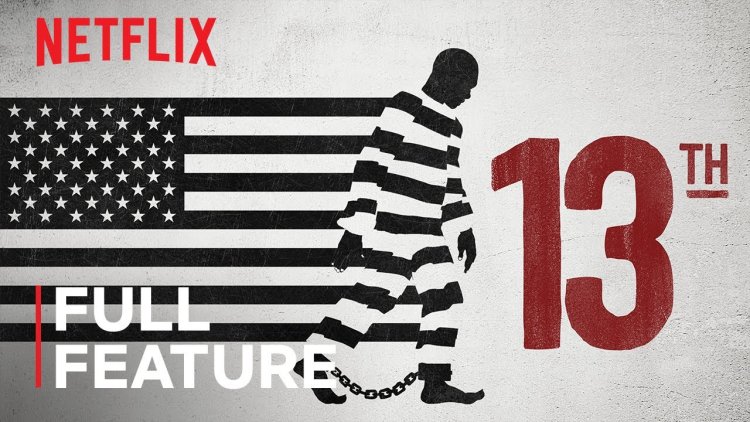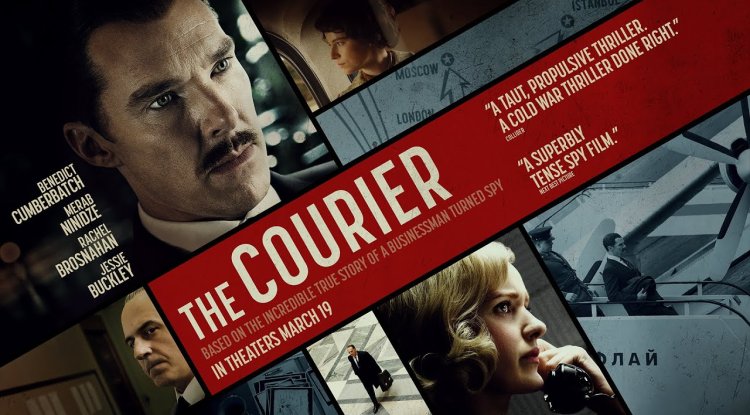13th (2016)
In this comprehensive article, we delve into the thought-provoking documentary "13th" released in 2016. Directed by Ava DuVernay, this critically acclaimed film explores the deep-rooted racial injustices that persist within the criminal justice system of the United States. Through meticulous research, powerful storytelling, and a wealth of eye-opening interviews, "13th" provides a captivating examination of the systemic issues that perpetuate racial inequality. Join us as we explore the film's key themes, impactful moments, and the significance it holds in our society.

Understanding the 13th Amendment
To fully grasp the essence of the documentary, we must first understand the 13th Amendment of the United States Constitution. The film's title, "13th," refers to the amendment that abolished slavery and involuntary servitude, except as a punishment for a crime. This seemingly innocuous clause, as explored in the documentary, has had far-reaching consequences, particularly for African Americans who have faced systemic discrimination and disproportionately high rates of incarceration.
Unveiling the Complexities of the Prison-Industrial Complex
"13th" meticulously exposes the intricate workings of the prison-industrial complex, shedding light on the economic interests that drive mass incarceration. The film highlights how influential corporations, through their lobbying efforts and partnerships with correctional facilities, have perpetuated the cycle of imprisonment. This engrossing narrative challenges viewers to confront the profit-driven motives that perpetuate the racial disparities present within the criminal justice system.
Racial Profiling and Policing
A key focus of "13th" is the issue of racial profiling and the profound impact it has on minority communities. Through a combination of historical context, personal stories, and expert analysis, the documentary presents a compelling case that systemic racism persists within law enforcement agencies. By examining cases of police brutality and the unjust targeting of people of color, "13th" underscores the urgent need for meaningful change in our society.
The War on Drugs and its Consequences
Another significant aspect covered in "13th" is the role of the "War on Drugs" in perpetuating racial inequality. The film critically evaluates the policies implemented during the Nixon and Reagan administrations, which disproportionately targeted African American and Hispanic communities. By exploring the devastating consequences of these policies, including mandatory minimum sentences and three-strikes laws, the documentary effectively challenges viewers to question the fairness and effectiveness of such approaches.
Intersectionality: Gender and Racial Injustice
"13th" also highlights the intersectionality of racial and gender inequality within the criminal justice system. The documentary emphasizes the unique struggles faced by black women and sheds light on their experiences as both victims and activists. Through captivating interviews with influential figures such as Angela Davis and Michelle Alexander, "13th" amplifies the voices of women who have been at the forefront of the fight against racial injustice.
The Urgency for Reform
Throughout the film, a sense of urgency permeates every scene, compelling viewers to confront the harsh realities of racial injustice in the United States. "13th" serves as a powerful catalyst for change, prompting a collective call to action to dismantle the deeply ingrained systemic biases that continue to undermine our society. By exposing the flaws within the criminal justice system, the documentary demands an honest and critical examination of our values and the path forward.
Also Check Rosamund Pike's turbulent love life!
Conclusion
In conclusion, "13th" is an exceptional documentary that masterfully explores the issues of racial inequality and mass incarceration. Through its meticulous research, powerful storytelling, and thought-provoking interviews, the film educates and challenges viewers to confront the systemic injustices that persist within our society. "13th" serves as a call to action, urging us to work towards a fairer, more equitable future. Let us collectively embrace this powerful documentary and strive for lasting change.




























